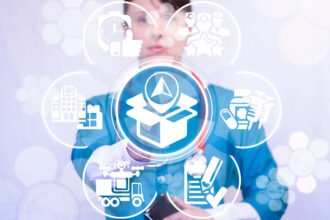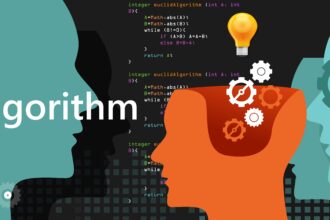The field of robotics predates big data by at least 40 years. Big data may not have given birth to the existence of big data, but it is changing the future in surprisingly innovative ways. Ayanna Howard, CTO, Zyrobotics, made a strong case recently that big data and cloud computing are the future of the robotics industry.
Over the last few years, big data has started creating a new field of robotics professionals. Since big data has made the profession both more relevant and more sophisticated, the bar is being raised on qualifications needed to be a trusted robotics professional.
What are the true changes that big data has wrought? They have created a new classification of robotics professionals. Some will have certain certifications, which indicate that they are familiar with the more complex policies.
RPA is Becoming the Gold Standard of Robotics Certifications
Robotic process automation (RPA) is one of the biggest business buzzwords in 2018. It is the integration of artificial intelligence (AI) robots with machine learning capabilities to undertake a host of routine back-office tasks and save human employees many man hours in the process. Software robots can mimic human output by programming bots to carry out processes to the letter, using drag-and-drop process design functionality. Overall, the utilization of RPA is to deliver an improved customer experience and operational excellence through streamlined productivity that gives human employees more time to focus on strategic and creative ways of fostering business growth.
From a B2B point of view, it’s becoming increasingly important to partner and work with other businesses that are certified in the strategic implementation of RPA. Robotic process automation certification is important for businesses that work at the highest levels of security, compliance and scalability, proving to prospects that they are an organisation focused on improving accuracy and optimising productivity using virtual workforces. There are several recognised RPA certification organisations to look out for when reviewing prospective businesses and organisations to work with.
Kryon Systems has launched its very own RPA Centre of Excellence program, designed to help organisations achieve their automation targets and maximise the full value of what an RPA solution has to offer. Businesses with a fully-fledged RPA Centre of Excellence can demonstrate that their team has been trained fully on how to implement and maintain software robots to meet their overarching needs and objectives, including customer satisfaction. Meanwhile, Blue Prism has developed a new Ecosystem Certification Program, designed to ensure the best possible deployments of RPA in a range of business sectors. Organisations that achieve this certification must be able to pass a new set of industry benchmarks to ensure quality for their clients in an automation landscape that’s becoming increasingly noisy.
Having RPA certification is an important badge of honour for any innovative business. It’s official recognition that an organisation is capable of delivering quantum improvements in the speed, quality and efficiency of their services, which is music to the ears of consumers.
The global RPA marketplace is forecast to be worth over $5 billion by the turn of the next decade, growing from just $79 million in 2014. The kudos of being an early adopter of RPA and certified before the industry reaches mainstream business in 2020 is also something for business owners to consider. It could indeed be the difference between winning and losing a prospective client and retaining existing clients. RPA is playing a key role in the world’s fourth industrial revolution. Businesses around the world are continually looking for new ways to accelerate productivity gains and RPA has the ability to scale-up innovative businesses and eliminate high costs requirements in the process. Working with certified RPA companies means you can be sure that they are adept at knowing how to maximise their productivity, leverage internal agility and provide the best possible services to compete in the digital-first world.
Big Data is the Gamechanger of the Robotics Profession
The robotics industry has evolved significantly in recent years. We will witness a number of changes moving forward, due to the profound changes big data has spurred. What will big data bring next for the robotics industry?









